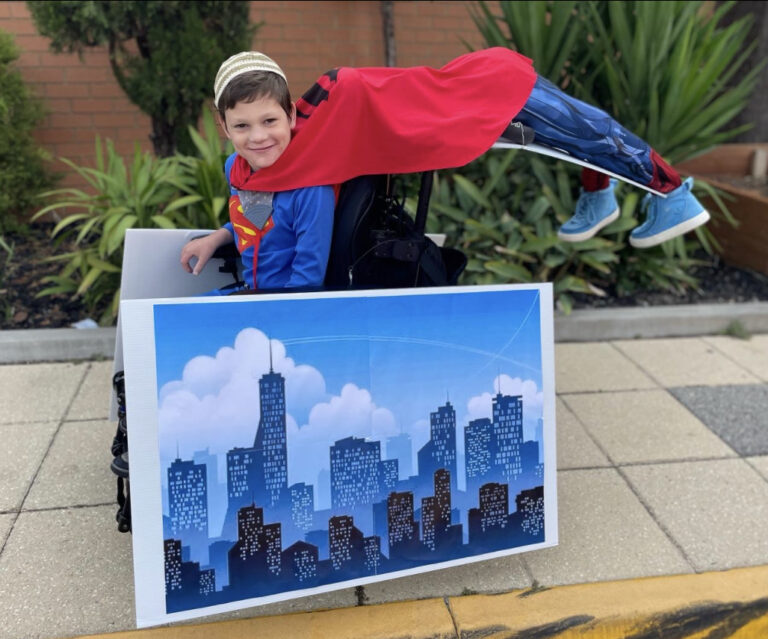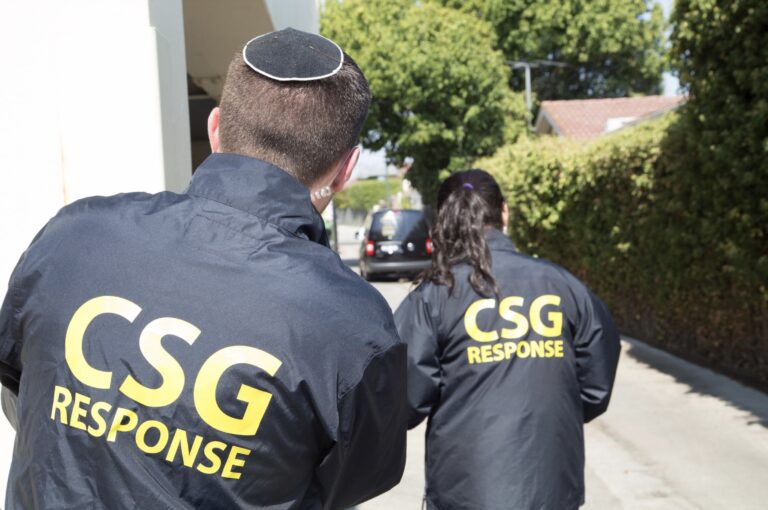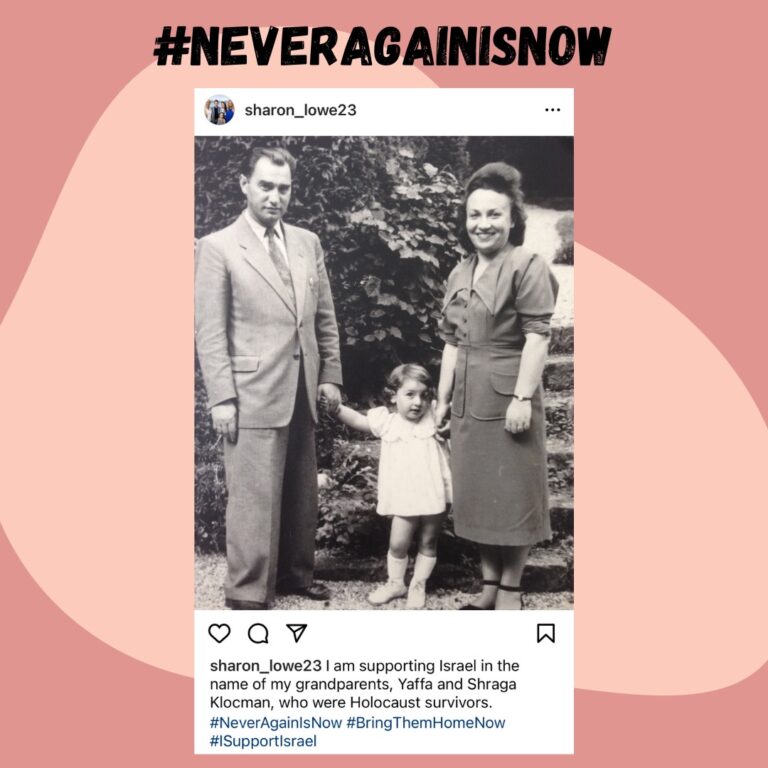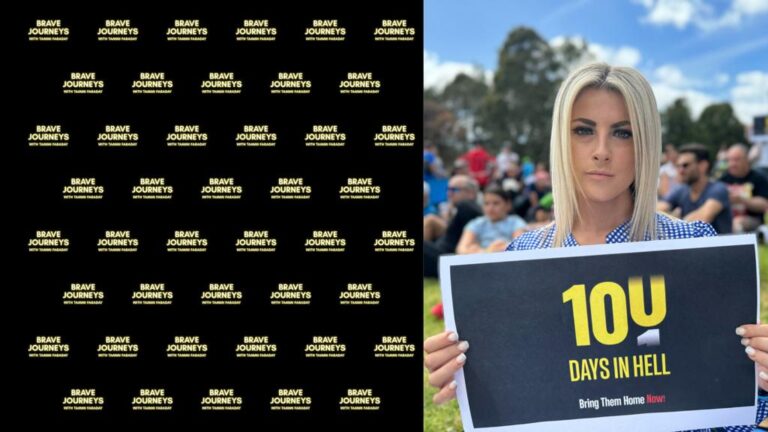Melbourne’s Jewish community boasts a celebrated history of embracing inclusivity and support for individuals with disabilities. As the National Disability Insurance Scheme (NDIS) reaches its full potential, our community stands at a pivotal juncture, re-examining how we can better cater to the distinct needs and aspirations of those living with disabilities. While our intentions have always been noble, we must acknowledge a longstanding pattern that has inadvertently led to the homogenization of the experiences of individuals with disabilities. This pattern involves grouping people with disabilities together, whether in group homes, supported employment settings, day programs, special schools, or disability-specific camps and recreational groups, unintentionally pigeonholing them into the role of a client or service recipient.
For a moment, let’s envisage if everyone in our community who wore reading glasses were required to live together solely because they could all benefit from having clocks with larger numbers. Such an arrangement would appear impractical and counterproductive. Yet, it has been the prevalent norm for individuals with disabilities within our community for far too long.
Now, as we witness the emergence of new and well-intentioned initiatives, it’s crucial to be vigilant against perpetuating this homogenizing trend inadvertently. For example, some well-intentioned services automatically assign support workers to individuals with disabilities, even when it may not align with the person’s true desires or needs. So, where does this collective, often one-size-fits-all approach leave us, and how can we move forward in a manner that genuinely sees the individual before their disability?
One highly effective strategy that has proven pivotal in shifting this paradigm is to begin with questions rather than preconceived answers. Instead of imposing our notions, we begin by asking, “Who are you, and what would a good life look like for you?” This approach encourages us to ponder what constitutes a valued and typical lifestyle for someone of that person’s age within Melbourne’s Jewish community.
For instance, envision the expectations we hold for school leavers or adults within our community: the anticipation of work, study, volunteering, travel, engagement in leisure activities, socialising, living independently, and managing household responsibilities. These are the very aspirations we aspire to cultivate for individuals with disabilities.
By adopting an individualised approach that centres on the unique strengths and abilities of each person, we have witnessed profoundly positive outcomes. This approach stands in stark contrast to relegating individuals with disabilities to the roles of clients or patients, inadvertently perpetuating stereotypes that curtail their potential.
These devalued roles, such as the external child, menace, object of pity, or object of charity, have consistently led to unfavourable life outcomes, including social isolation, financial insecurity, limited personal growth, poor health, and more. As a community, our collective responsibility is to unlock a diverse array of valued roles that individuals with disabilities can attain.
Once we identify a person’s strengths and abilities, we can then determine what roles are both achievable and meaningful to them within Melbourne’s Jewish community. These valued social roles are instrumental in promoting positive outcomes such as enhanced social connections, financial well-being, ongoing learning, personal growth, improved health, and more.
To illustrate the transformative power of this approach, consider the case of a gentleman with a chromosomal disability who previously resided in a group residential facility. He found himself isolated and experiencing deteriorating health. His lifestyle was far from the life he and his family had envisioned. He spent his days in a local day program, where his skills and strengths were underutilized. However, over time, he evolved into an employee, a student, a housemate, a tenant, an active member of his synagogue, and a volunteer. Each roles carefully tailored to his interests and strengths, leading to a profoundly improved quality of life.
Another inspiring example is of a book lover who, despite having a physical disability, now leads her own book club and storytelling events. She transitioned from being merely a client in a segregated service to a community leader in her own right. Similarly, an individual with an intellectual disability, who once attended a post-school disability-specific program without significant progress, has since completed floristry studies, launched her small floristry business, and engaged in internships with local florists.
None of these remarkable achievements would have been possible without the intentional practice of role goal planning, which involves identifying social roles that align with individuals’ interests and strengths and working diligently toward their realisation. Most importantly, these success stories underscore the fundamental belief that every person with a disability possesses unique strengths and gifts. By embracing this mindset, individuals with disabilities can experience growth, learning, and development while enhancing our Melbourne Jewish community through their active involvement and inclusion.
The journey of each person begins with a strong vision—a vision tailored specifically to them. We start by asking the question: “What does a fulfilling life look like for you, and what support do you need to make it a reality?” We refrain from starting with questions about funding or available programs and services. Instead, we prioritize the individual’s dreams and potential.
In conclusion, within the Melbourne Jewish community, the power of valued roles for individuals with disabilities cannot be overstated. This approach is transformational, celebrating the uniqueness, strengths, and aspirations of each person. As a community, our duty is clear: to continue fostering an inclusive environment where individuals with disabilities are not defined by their limitations but are empowered by their abilities, enriching the tapestry of our vibrant community.
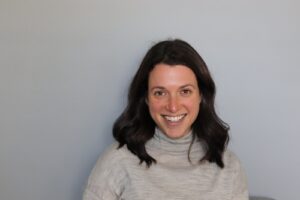
Bio:
Lauren Mandel is the Founder and Managing Director of the LMC Group, since its establishment in mid 2018. Lauren has a Bachelor of Arts (Psychology), and Masters of Social Work Degree, with strong interest in the Social Role Valorization (SRV) Framework, Customised Employment, Homeshare and Microenterprises, which underpins the work of The LMC Group.For over 15 years, Lauren has worked in the disability space with a particular passion for cutting edge supports. Some career highlights include being a Circles of Support Facilitator; Chairperson of Local Council’s Disability Reference Committee; Research Assistant for Independent Supported Living Project; NDIS Transition Coordinator in Local Government; Support Coordinator; Teaching Associate and Supervisor at Monash University; and the inaugural Inclusion Coordinator for a grassroots sports club.
Lauren is an avid SRV student, as well as applying and sharing broad learnings through webinars and presentations. The hope is to create a movement of dreamers who can see the true possibilities open to people with disability, and work towards these.Outside of work and study committments, she’s finding ways to explore her own passions as a aspiring piano player, book lover, runner, vegetarian homecook and gym junkie! Lauren is the proud Mum of gorgeous toddler Georgia, Baby Walter and furbaby Winston (a golden retriever)
lauren@thelmcgroup.com.au 0412 605 480


